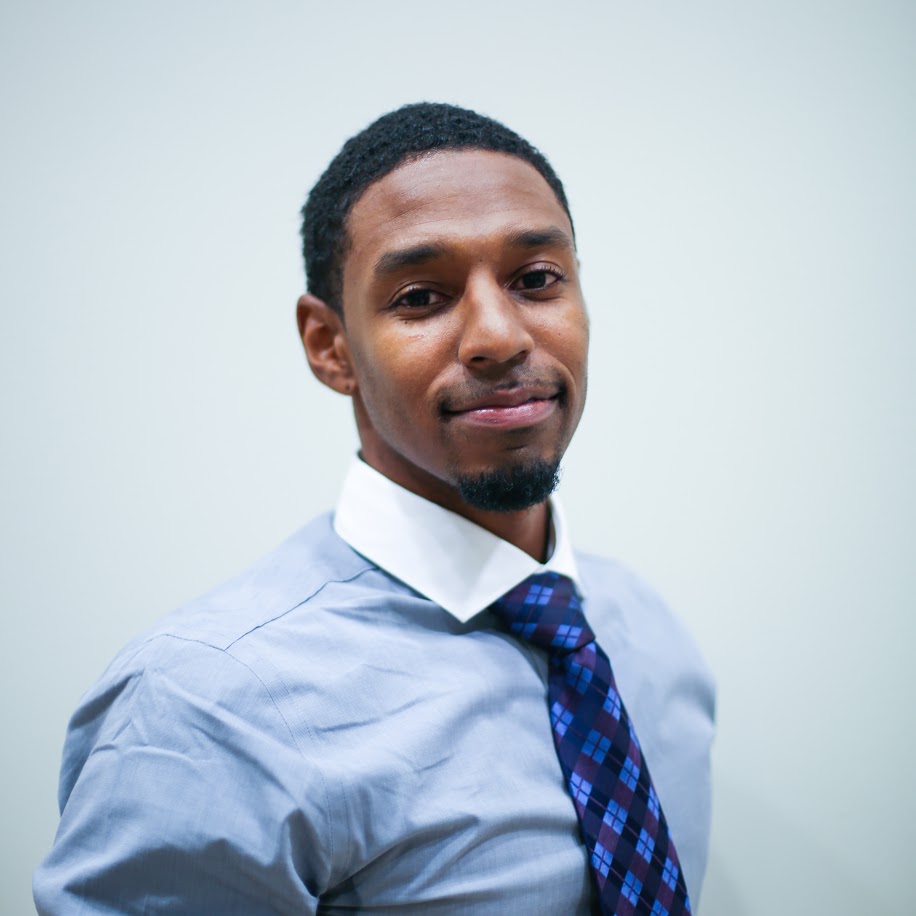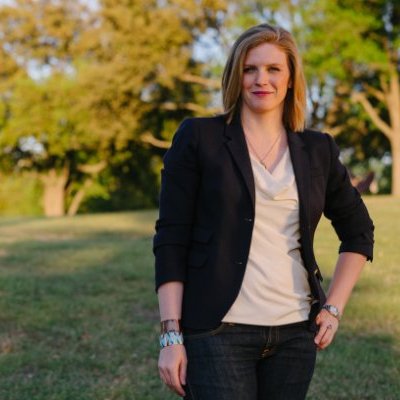Candidly Corbin, The Man Behind The Candid Professional
By Danielle Echols
Corbin J. Pickett, also known as The Candid Professional, is a speaker, consultant, and youth coach. Originally a native of Southern California, he traveled to Atlanta to attend Morehouse College. After graduating in 2010, he moved back to SoCal to began his career working in business development. He loved what he was learning and felt compelled to transfer his business savvy skills to community building. In 2013, he switched gears and began working in the nonprofit sector where he found a niche in youth development. Today, he focuses on helping young people master business and entrepreneurial skills. Here is his story.
Where does your story begin?
After college, I started my more formal work experience in the business development space focusing on digital media and ecommerce companies. Around 2015, I had my hands in different mentoring organizations, whether starting some or being on the board, just in different capacities. More prominently I was on the board for an organization called Youth Mentoring Action Network (2013-2015) and I was partnering with the founder. At the time when I was really frustrated with not having an impact in my formal work, I began to identify how I could use my skills in a nonprofit venture, have a positive impact in the community, and ideally build to a place of financial stability.
So, I did undergrad at Morehouse, I did a very short stint of working in D.C., then I came back to Southern California and I started a nonprofit with some of my high school friends. I did that for a few years, working with youth doing professional and personal development. I’ve always been in this field of working with young people, tutoring, coaching, really being keen on professional development.
During my time in undergrad when I was interning with different companies, there was no coach to say “hey this is how a professional environment works.” I didn't come from an environment where I saw someone dress up in a shirt and tie every day so there were a lot of new things for me. I would stick out like a sore thumb trying to over improve in certain environments. (Later) I understood the value of having someone coach you through these different stages of transition.
What did you study as an undergraduate?
International Studies and I minored in Business, but not formally. I started out as a Business major, but once I realized that the internships or companies I would go to would teach me how they operate, I decided "let me leverage this as a college student and focus on something else that will compliment what I want to do in the long run," so I switched to International Studies. The ultimate benefit of switching majors was learning how to understand cultural relevancy: learning to validate people's background, what makes them tick and click.
What drew you to business?
It’s always been innate. It started very young; lugging baseball cards from door to door asking people if they wanted to buy a baseball card for a quarter. So that entrepreneurial spirit was always innate. In sixth grade my hamster died. I asked my dad if I could get another pet and he said, if I made honor roll I could get any pet I wanted. I did just that, and got a leopard gecko. I showed such an interest in this pet, that the store eventually pitched an idea to me. “You should get a female and you could breed geckos. Don’t worry about incubating the eggs, and I’ll buy the babies off of you when they hatch.” He took away the fear and responsibility of having to incubate the eggs. He built this bridge which allowed me to ease into starting my first real entrepreneurship. Because of that experience I’ve always understood that I didn’t necessarily have to work for someone else. Let your passion become your profession.
What do you say to people, especially millennials, who are bouncing between passion and practicality?
It’s a lot easier than a lot of us make it out to be. We are forced between two generations. The older generation that says we need stability, we need to stay home and make our life. Then we have our generation that loves mobility, loves flexibility, loves being able to make decisions on the fly. What we’re missing is that when you sit across from someone you need to be able to say “I can make you or save you money via…” Once you have that, you can leverage yourself into anything. Say to yourself, "What are my hobbies and my interest, and how can I strategically explore them to become passions?" And then cycle that question back in your head, “how can I make someone money or save someone money doing this?” Put yourself in a space where you can work and enjoy that learning, develop it into a passion and a skill and then transition. Identify in what environment you would like to leverage that skill.
Sometimes people say millennials are a “privileged” generation. We have a lot more luxury when it comes to creating our own businesses that our parents did not. How can we use that to our benefit?
When people think of privilege they either coward down because they have too much of it, or they get angry because they don’t have enough of it. My outlook on privilege is that we should all wake up every day, see what privileges we have, decide how are we going to leverage those privileges today, and ideally use them for good.
How do you feel your approach as "The Candid Professional" leads to self-acceptance?
I’m all about being yourself, being open, being able to share your experiences, and allowing others and yourself to learn from those experiences. A large part of the work that and who I am is about overcoming a goofy black kid who loves basketball, loves being a nerd, loves history but yet can also stand in any business arena and get work done. I wanted to be able to sit across from young people and say, “you have a goofy hair style like I do, you can be unapologetic about being urban or having a certain swag. You can go after what you want.” I really believe in being able to be yourself in what you're doing and what you’re bringing. I think that’s when we’re most powerful.
Corbin is in the midst of choosing a graduate program. Eventually, he wants to create an organization that focuses on human-centered design thinking and helps combat social issues. He will be speaking at our Acceptance Tour in LA on Monday, May 22nd. For more information check out his links below.
Website: The Candid Professional
LinkedIn: Corbin J. Pickett
Instagram:@TheCandidProfessional
Twitter: @CorbinJPickett


